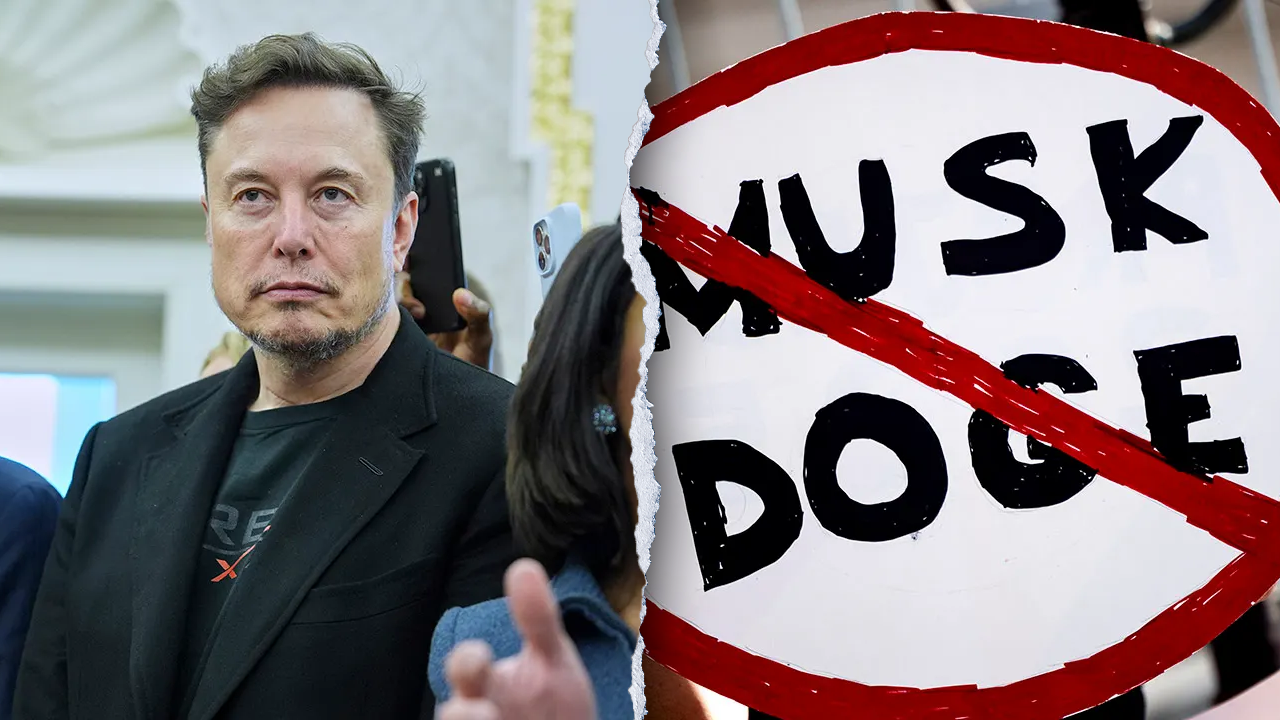Musk’s DOGE fell short on its promises, but it can still succeed: expert

Elon Musk, the former head of the Department of Government Efficiency (DOGE), made headlines for his ambitious goals of cutting government spending by $2 trillion. While he did manage to save $175 billion through various measures such as asset sales and contract cancellations, he fell short of his initial target.
One of the main reasons for this shortfall was the legal constraints that DOGE faced. Richard Stern, an economics policy expert, pointed out that the department overestimated the legal flexibility they would have in making significant cuts. Many of the major cuts required congressional approval, which was not easy to obtain.
Moreover, DOGE faced a barrage of negative press and lawsuits from Democratic lawmakers, which further hindered its progress. The department was unable to completely eliminate certain agencies or programs and could only make limited cuts in some cases.
One example of this was the Consumer Financial Protection Bureau, which could only be shrunk instead of being eliminated entirely. Additionally, a recent court ruling blocked DOGE’s efforts to dismantle the U.S. Institute of Peace, highlighting the challenges the department faced in achieving its goals.
Despite these setbacks, Stern believes that DOGE can still have a significant impact by focusing on information-gathering and whistleblower activities. By identifying areas where spending cuts can be made and making this information public, DOGE can provide valuable insights to Congress for future budget decisions.
In conclusion, while Elon Musk may not have achieved all of his grand goals at DOGE, the department still has the potential to make a lasting impact on government spending. By continuing to highlight areas where cuts can be made and advocating for fiscal responsibility, DOGE can play a crucial role in shaping future budget decisions.




